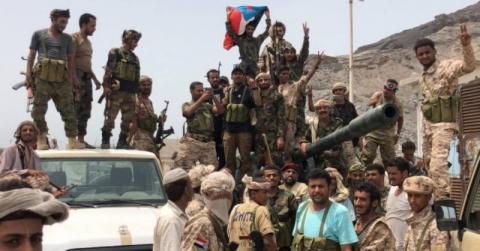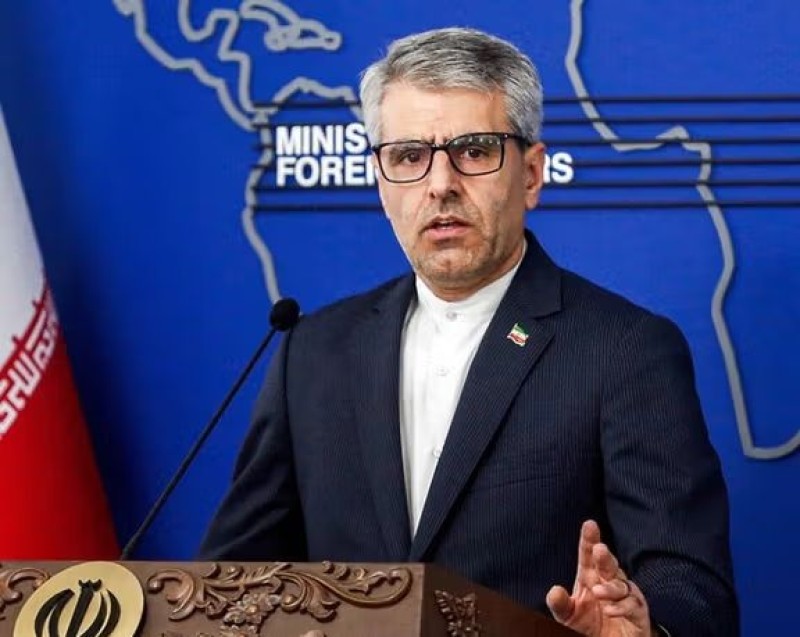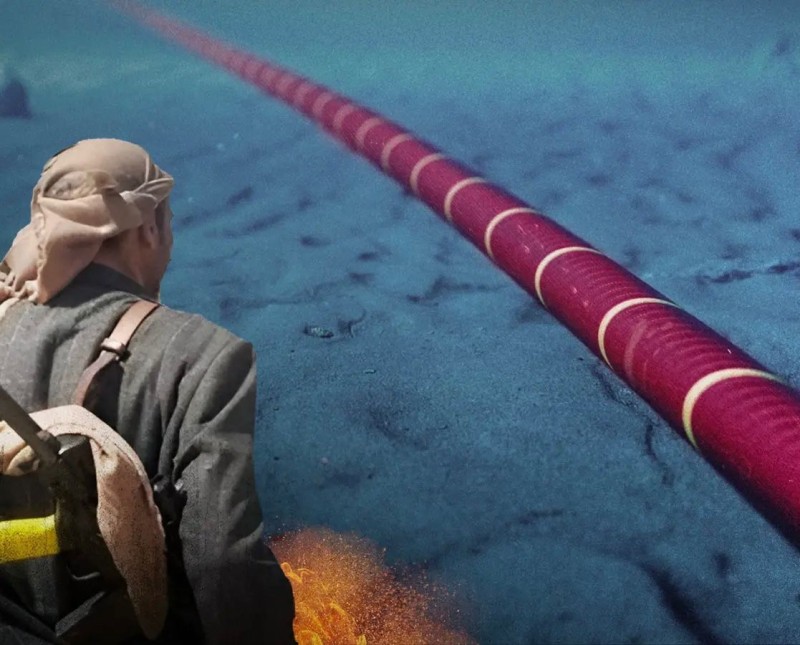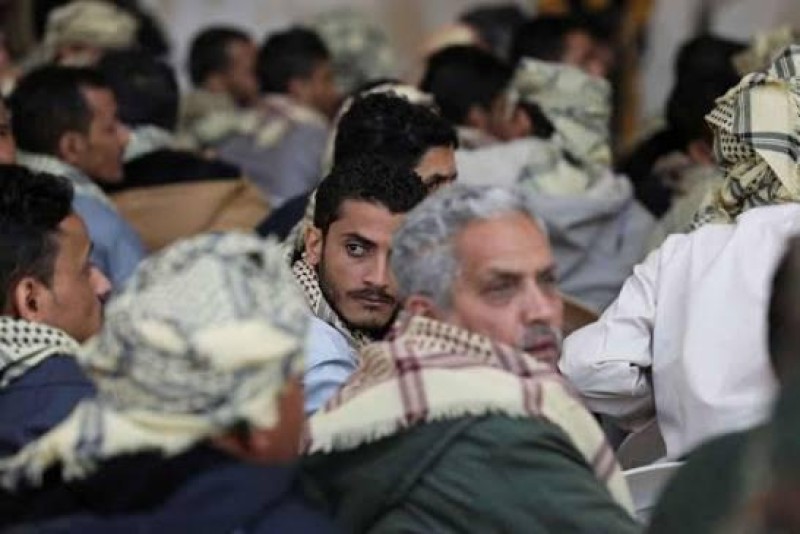Nature reserves in war-ravaged Yemen face risk of abandonment


Yemeni families used to flock toward nature reserves for relaxation to heal the wounds caused by the years-long military conflict.
But the negative effects of the military conflict gradually expanded to the beautiful nature reserves in the impoverished Arab country.
In the southern port city of Aden, families are unable to visit the Huswah Nature Reserve to watch various kinds of protected animals and plants there as they used to do.
During the past years, the Huswah Nature Reserve received large swarms of migratory birds with around 150 different species but recently the number of migratory birds dwindled until 50 species, according to local officials.
They said the situation of this nature reserve deteriorated and it faces the risk of abandonment for lack of the government's support.
The number of visitors to the Huswah nature reserve in Aden significantly decreased in recent months as destruction and negligence hit many parts of the protected land.
"Many people avoid visiting this reserve because it is suffering and everything inside it turned to be not attractive," said Zakaria Mohsen, a local resident.
"I brought my children to watch the beautiful migratory birds but we found nothing and the reserve looks like an abandoned place," the resident told Xinhua.
"The war destroyed everything beautiful in this country and gave our children no chance to visit the nature reserves," he lamented.
Other residents in Aden asked the Yemeni authorities to intervene and protect the nature reserve from continuing deterioration and destruction.
"It's necessary to protect the nature reserve because it is considered as a tourist landmark that serves our economy," said Amal Ali, a female resident of Aden Province.
The Houthis aligned with Iran launched a large military campaign and seized the capital Sanaa in late 2014, forcing Yemen's internationally-recognized President Abd-Rabbu Mansour Hadi and his government to flee to the southern port city of Aden.
Subsequently, the pro-Houthi forces backed by armored vehicles attacked Aden and shelled Hadi's Republican Palace, forcing him to escape again to neighboring Saudi Arabia.
A Saudi-led coalition intervened militarily and began pounding the Houthi-controlled Sanaa in March 2015, in response to an official request from Hadi to protect Yemen and roll back Iran's influence.
The ongoing fighting between the two warring rivals with daily Saudi-led airstrikes plunged the most impoverished Arab country in the Middle East into more chaos and violence.
Three-quarters of the population, or more than 22 million people, urgently require some form of humanitarian assistance, including 8.4 million who struggle to find their next meal.

Tehran — Iranian Foreign Ministry spokesman Ismail Baghaei has voiced concern over the latest developments unfolding in Yemen, particularly i…

A new media report has revealed that Google is embarking on a major subsea cable initiative, dubbed Blue Raman, in a strategic move to establish a…

Muscat – Thousands of Yemeni families are anxiously watching the ongoing prisoner exchange talks in Muscat, Oman, hoping for a breakthrough t…